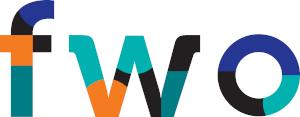Abstract project
Background
Adolescents with cancer and their parents face various uncertainties and complex decisions about care and treatment. While advance care planning (ACP) has been promoted as a successful model of communication between patients, their family and health care professionals regarding future care and treatment, little attention has been paid to implementing ACP in the group of adolescents with cancer with their particular complexities. There is evidence that adolescent patients have the desire and ability to share their values, beliefs, and preferences for treatment. Especially communication about topics such as “what to do if the adolescent should get significantly worse” remains difficult.
Aim
The aim of this project is to develop and test the effectiveness of an intervention for adolescents with cancer (10-18 years old with any type of cancer) and their parent(s) in Belgium. In addition, we will evaluate the implementation, mechanisms of impact, and context of the intervention as part of a mixed-methods process evaluation. The primary endpoint is parent-adolescent communication on ACP themes.
Methods
The program (BOOST pACP – Benefits of Obtaining Ownership Systematically Together in pediatric Advance Care Planning) has been developed by following a comprehensive iterative approach. We will perform a multi-center parallel-group randomized controlled superiority trial (RCT) with embedded mixed-methods process evaluation, comparing the BOOST pACP program to standard care (control group).
Funding
The Research Foundation – Flanders (FWO)

Kinderkankerfonds



